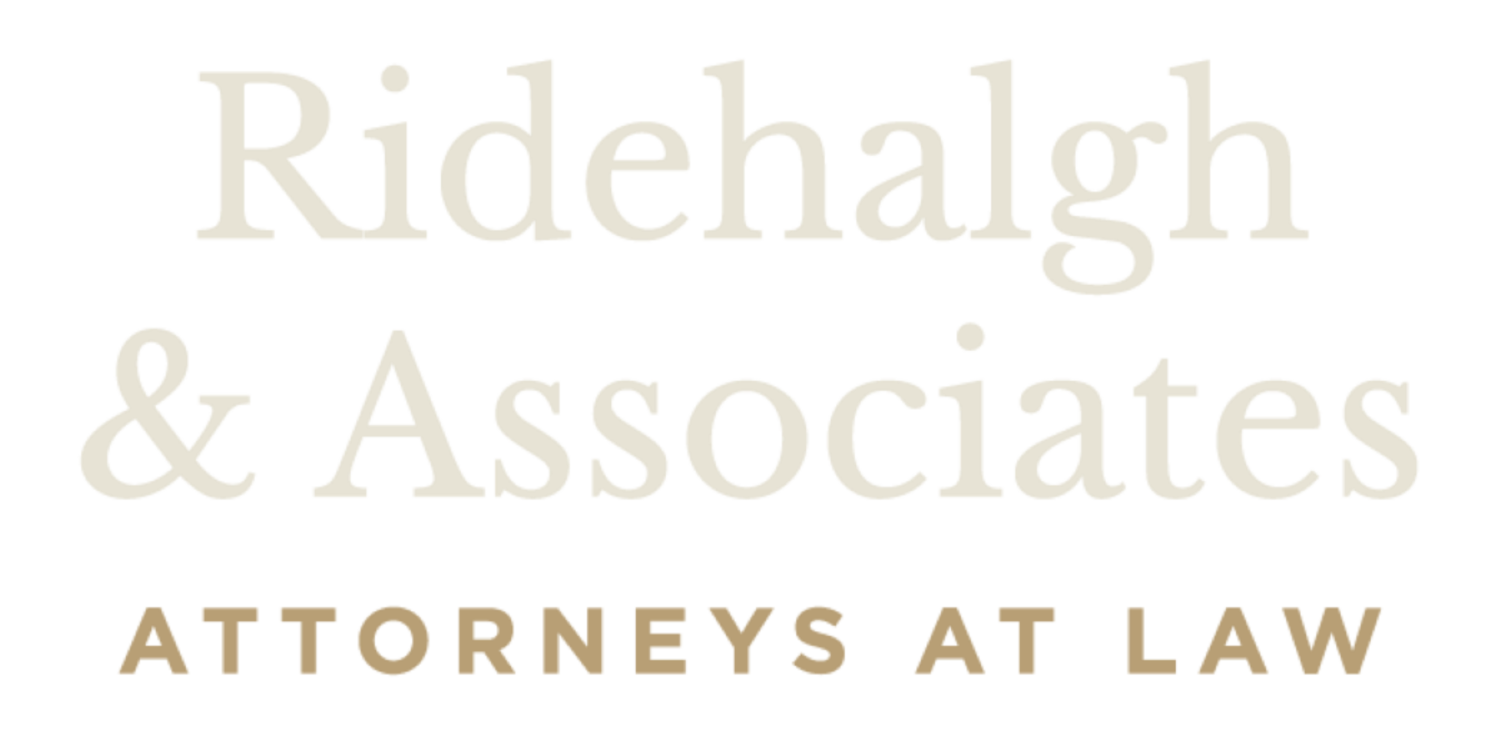Beginning DHS/Juvenile Law Concepts
In law, the child welfare system is referred to as 'juvenile dependency.' The theory behind juvenile dependency is to identify “conditions and circumstances” that endanger the physical or emotional welfare of a child. Then to provide services such as drug treatment, housing assistance or family counseling that are designed to address the identified conditions. Once the concerning conditions have been successfully ameliorated, then there are no longer grounds for state involvement with the family. The court and state is then to leave the family alone now that the child’s welfare is no longer endangered.
Conditions and circumstances that endanger the welfare of a child include, but are not limited to, physical or sexual abuse of the child, neglect of the child, domestic violence, exposure of the child to drug abuse, chronic criminal conduct resulting in an inability to care for the child due to incarceration and a failure to ensure the sanitary conditions of the housing. In addition to the conditions and circumstances listed above, there are situations that are not based upon the faulty conduct of the parent. Such “no fault” circumstances can include birth defects and disease.
Once a party (defined as the child, a parent or guardian, the state, the putative father, the juvenile department [the probation department for juvenile cases], a CASA, the DHS or an intervener pursuant to 419B.116 (ORS 419B.875) decides that the power of the court is needed so as to be able to require the family to participate in services regardless of the family’s desires, that party files a petition for jurisdiction. Jurisdiction is essentially the power of the court to monitor the family and require family members to perform services. See ORS 419B.385, 419B.387 & 419B.389. In Washington County one petition will be filed for each child. Paragraph 2 on page 2 is the paragraph where the allegations identify the issues of concern for the child’s welfare.
Once the petition has been filed, a preliminary hearing must be held. If the child has been removed from the home, then the hearing must be within 24 hours of removal excluding weekends and holidays. ORS 419B.183. In the case of a removal, the hearing is also known as a “shelter care hearing.” These hearing must be held whenever a child is removed - regardless of the status of the juvenile case.
CRB - Citizen Review Board
Every six months that a child is placed out of the home, the CRB is to review the case. ORS 419A.106(1)(a). These meetings are held at the DHS offices. The idea is that this group of citizens monitor the actions of DHS and produce a report with recommendations. The courts are to review these recommendations within 10 days and to apply the recommendations as the court sees best. ORS 419A.120.
DHS is supposed to implement the recommendations of the CRB and to give the CRB notice should DHS decline to follow those recommendations. ORS 419A.122. However, this mandate is subject to DHS’ determination of what they deem appropriate and for what resources permit. ORS 419A.122(1).

